Hi Lois, can you tell us a bit about your life story so far?
I was born in London and lived in northeast London with my family until I was 18. I moved to Bristol to study circus and physical theatre at Circomedia in 2014, where I graduated in the summer of 2017. I first started learning circus tricks at the National Centre for Circus Arts in London at the age of 8, and just kept going until I was 18. I thought I would just grow out of it but it started to be the main focus of my life, so I decided to follow a performance artist career path instead of a more academic route I was planning as a young teenager. I’m now 22, no longer a student, and living as a struggling artist in Bristol.
What prompted you to start using movement therapy to treat your depression and anxiety?
I’ve always loved dancing but I never felt confident enough to perform dance publicly. I felt that because I didn’t have much dance training nobody would want to watch me. During my third year of university, I was really struggling with my depression and anxiety. When I felt too mentally sick to physically lift myself onto the equipment or too fragile to socially interact with people, I would stay home and put on an album I loved and just dance and move until the music stopped. When I started researching how my depression and anxiety affected the creativity and productivity of my circus practice, I decided to use dance and try to incorporate it into how I moved on the aerial hoop, as well as on the ground.
Was the idea always to use Instagram as the platform for the videos you recorded of yourself?
The initial research project I started at Circomedia only lasted 3 months, and when it was finished I wanted to keep dancing on a regular basis because it calmed me down and gave me time to be present in the moment of the movement and ignore anything bothering me. I decided an Instagram account (@depression.rhythm) would be a great platform to post my dance videos because it’s the form of social media I use most frequently. I like it because it is so visual and it has such a wide-reaching community all around the world. Unfortunately, they recently blocked the #depression and #depressed because they felt people were using it in a negative way but it’s how lots of people have found my account. Hopefully, they will change their policy soon.
How has this practice of daily dancing helped your day-to-day life?
I use dance as a form of meditation. I pick a song and maybe a feeling that either goes with the song or just comes to me at the moment that I try to portray. Dancing gives me a few minutes to just let my mind go completely blank, just let go and do what feels right. It has helped an incredible amount. I now have a video I can look back on of almost every day for over eight months! I now know that I can create even when I think life isn’t worth living, and that people want to see it as well.
How has it affected your relationship with your body and your frame of mind?
Dancing almost every day has helped me realize how my body moves which has been really helpful. It’s also hard because I can view myself from so many angles and positions that I consider ugly or unflattering, but I’m learning to let go of my perceived perceptions of what is good and bad and just accept that nothing is perfect and beautiful all time.
What has been the highlight of this whole experience so far?
I’ve lost a lot of the baggage I had about being embarrassed by starting Depression Rhythm. I love to get a really visually pleasing video which often means I’ll find a random spot in the centre of Bristol or London that I want to dance in, so I’ve danced around like a lunatic on my own and filmed it in many public places. I get a lot of funny and judgemental looks from people but I love it! It just fuels my passion and fires deeper and I just don’t care about being seen as a “weirdo” in public anymore because I’ve just accepted I am one!
Has the impact on your depression been noticed by doctors or therapists; what's been their take on it?
I don’t know if any therapists or doctors I have seen have taken notice of the effect it’s had on me, but it has definitely made me more comfortable being open about my mental health. A few years ago I wouldn’t even tell my best friends I was on anti-depressants, and now I share it on Instagram regularly. I no longer have that horrible stigma surrounding mental health clinging to me, I feel like I can openly talk about my problems without feeling vulnerable and broken.
Has this been picked up by the media and if so what is happened and what's been the response?
I don’t have many followers but it doesn’t really bother me. I didn’t make this account to become “insta-famous”, I made it just so people could see what I was going through and what I have been through in the past. I know representation is important so I just wanted to have an honest and open place where I could share my thoughts, feelings, and dance about depression and anxiety.
Is it important that people view your videos?
It’s more important to me that people see my videos and understand what I am trying to convey than having lots of views. I’ve had videos that have gotten me lots of views and comments, but a lot of them were from people just saying I looked sexy and other comments that have nothing to do with the video, and show that they clearly do not understand the concept of what I’m doing.
How have you dealt with the popularity of this initiative?
It’s been unbelievable receiving messages from strangers telling me they are inspired by my dance. I never thought people would be inspired to open up about their mental health issues after being inspired by my Instagram account. It makes me feel like what I do is important, and that I have to keep doing it even if it never gets a big following.
How has the act of posting on Instagram videos of yourself changed your own view of your own creativity and expression?
Its made me realize I can produce a lot of creative work and put it out into the world on a daily basis. I never used to post videos of myself dancing because I just assumed no one would want to watch me do that, but now I know people do which is a lovely realization.
What's been the most transformative experience that has occurred following a session?
I once posted a video of me trying to dance but I just got frustrated and started kicking the walls and sobbing. I didn’t want to post it because it isn't dancing – its just a breakdown – but I think it's important to show your vulnerability and humanity, especially on social media where people feel a lot of pressure to always appear in a perfect fashion. After I posted the video I got loads of really sweet comments and messages from both people I knew and strangers. It made me not feel so alone knowing there are people that I have never even met who still care about my emotional state of mind.
How has this practice impacted your relationship with your work?
Dancing every day has helped me feel a lot more In-tune with my body, so I feel like I have a deeper understanding of my physical and emotional limits. Now that I have this knowledge it allows me to play and experiment more with pushing my boundaries and viewpoint concerning both my dance and circus-related work.
How do you select your tunes?
Some days I just wake up and I know exactly what kind of song I have in my mind, almost as if its been bouncing around my head in my sleep. Other days I will listen to different songs I like until I find something that physically makes me want to move. On days when I’m feeling more mentally strong, I will dance to songs that have a bad memory attached to them as a way of cleansing the memory from the song so it’s clean and I can enjoy it again with no emotional attachments.
How has the way you move changed through time?
I think music and mood affect my movement the most. For example, when I’m feeling good I’ve noticed I tend to do faster paced quick and jagged movements that will end abruptly and often change direction. Whereas when I am more upset, I do more elongated and slower movements almost similar to Pilates and tai chi at moments. The more I post on Instagram and the more I dance in front of people, I become a lot less inhibited and aware of my movements so my dance style keeps getting more experimental as I go on.
How has this practice influenced your own circus expression?
Dancing on a daily basis has helped me feel a lot more free with my body so I want to show that when I get on my aerial hoop as well. It’s helped me get out of the gymnastics mindset of everything having to be perfect all the time. It’s a lot more freeing to move like myself in the air than pretending to be perfect when I know I am not.
A lot of the other posts on your Instagram feed show images of women's bodies, relationship issues, and other such statements, what is your motivation for sharing these?
Only a few months into starting the Depression Rhythm Instagram account I went through a really traumatic ending of a friendship that had meant a lot to me. It triggered a lot of insecurities surrounding my appearance, low self-esteem, and past relationships. A way of dealing with the heartbreak and betrayal was by indulging in things I found either visually stimulating or funny so I really delved into a lot of films, music, photographs that inspired me throughout my life that I either found beautiful or made me laugh. I’ve always been inspired by women more than anything, we are so beautiful, strong, soft and ferocious, the resilience of women will always inspire me.
What is your vision of the future for Depression Rhythm?
I would love to find a way to be able to perform Depression Rhythm in front of people. I’m working on some writing I’ve done all inspired by my mental health as well so I would one day love to make a show with circus dance and spoken word all inspired by my mental health. I have no idea when that will happen exactly but it’s a goal to move towards all the time.
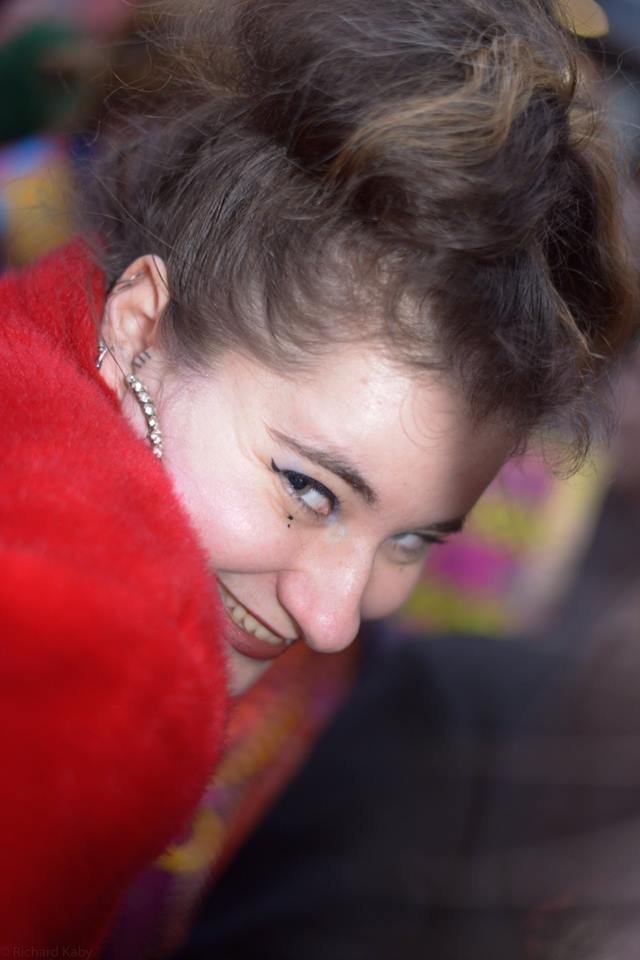 Credit: Richard Kaby
Credit: Richard Kaby
What would you recommend to people who are feeling depressed and anxious what's your personal recommendation about what's been the most helpful?
TALK! It’s the advice I have ignored the most because it is so terrifying to talk about at first but being able to express how you feel openly makes such a difference. It’s a hard step to make so if that’s too daunting then I suggest just writing down your feelings, even if you don’t want to show them to anyone it’s a lot easier to understand what’s going on inside your head when you can see them on paper. I also think physically moving your body helps relieve mental tension even if its just rotating your wrists twice a day, if it makes you feel better then go for it.
Join the movement journey on Instagram @depression.rhythm

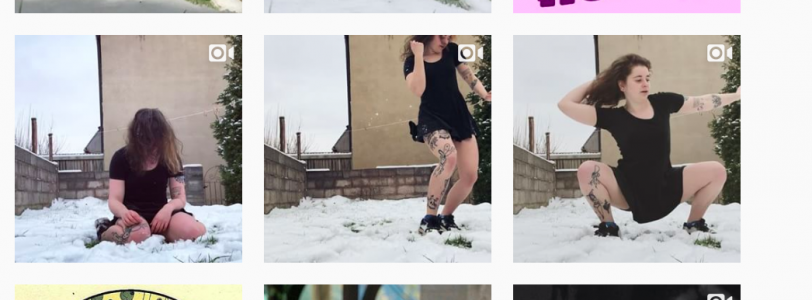
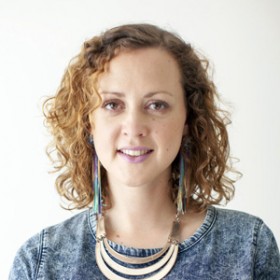
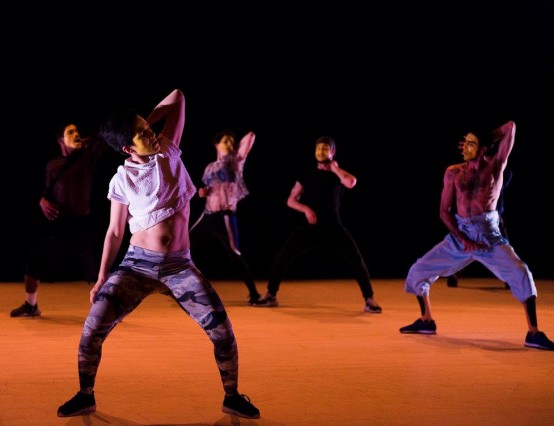
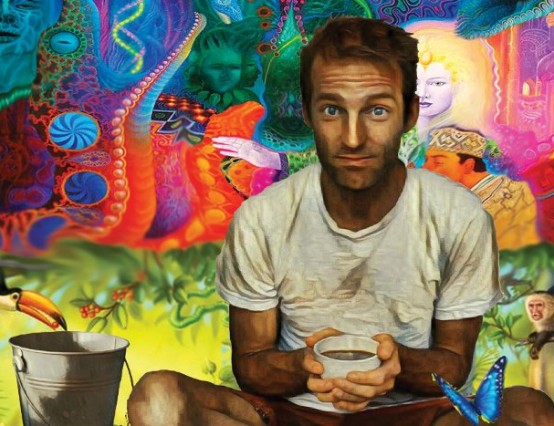
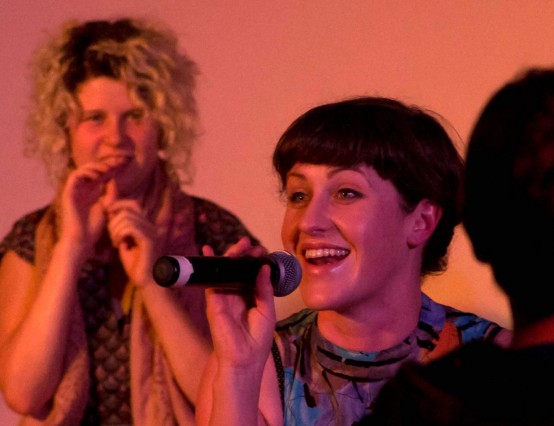


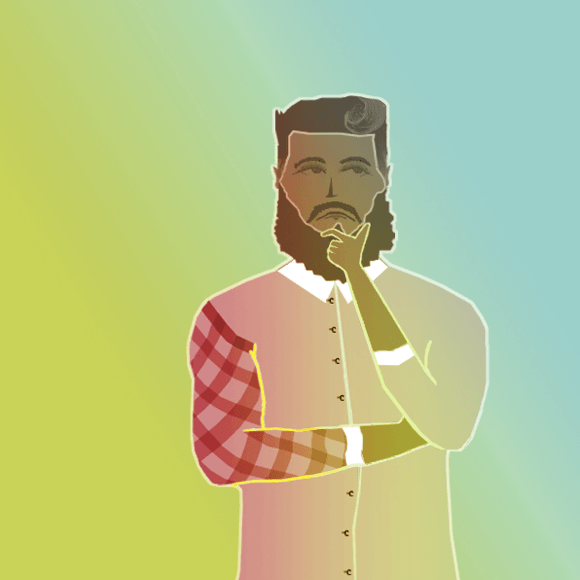
0 Comments